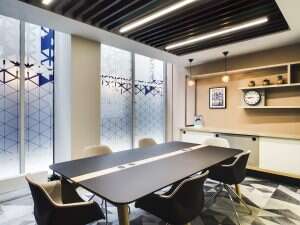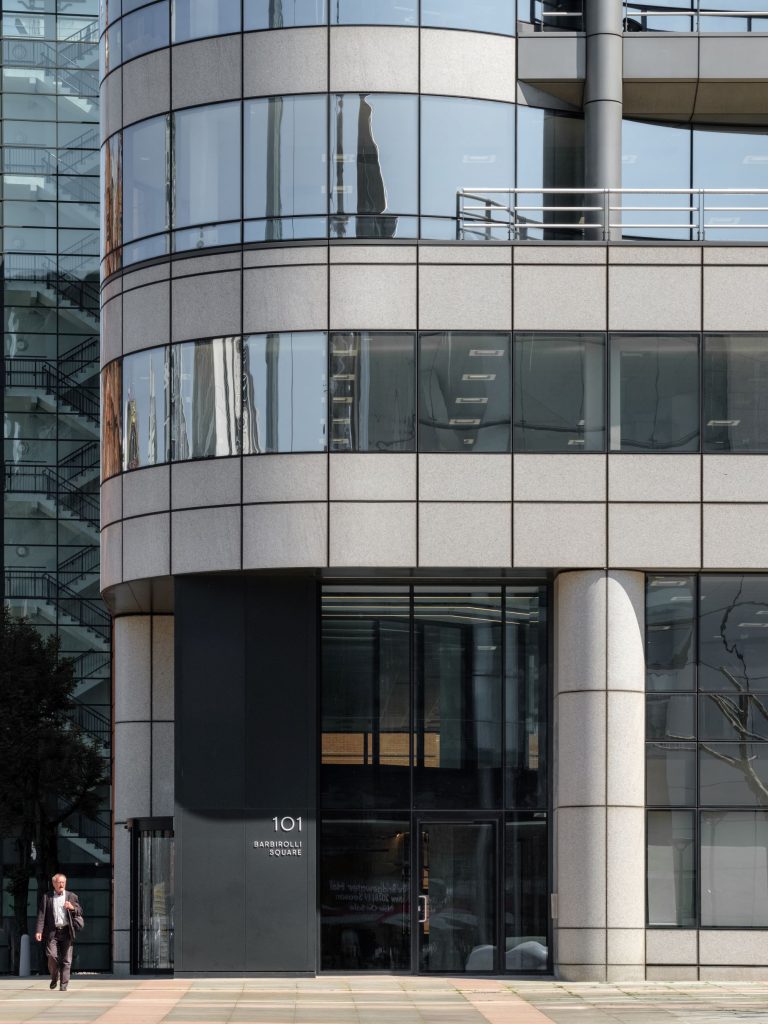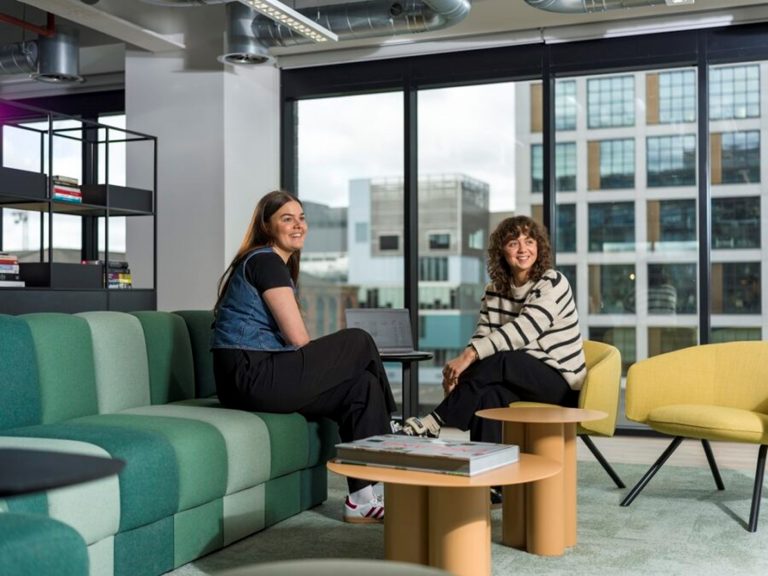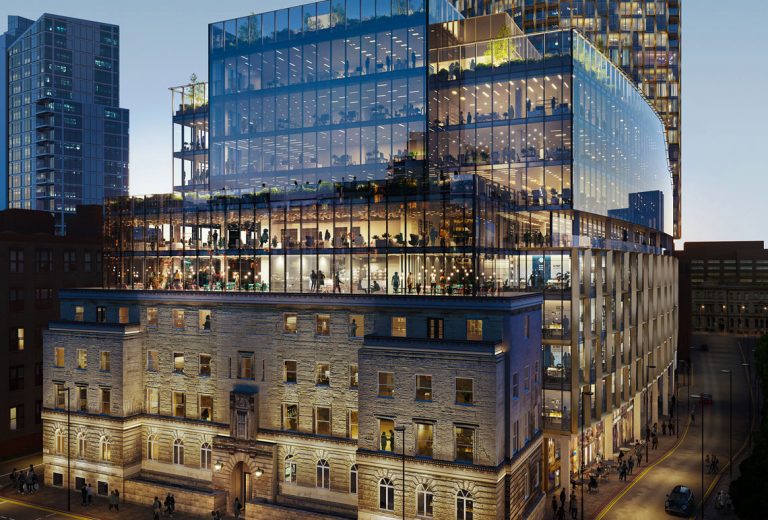The joy of de-cluttering
Will Lewis | 29 October 2015
We watched a fascinating video in the office a few weeks ago. Called ‘The Evolution of the Desk over 35 Years’, it’s done in the style of a time lapse video, using vintage items to show how the personal workspace has transformed since 1980.
There’s a bit of artistic licence employed – we’re not sure how many desks in the average office would have had a Macintosh classic computer, no matter how chunky it looks nowadays. But the overall points remain: the corkboard, rolodex, Polaroid camera, fax machine and calendar have all disappeared from many desks, as have the hefty books that are often the tools of a particular trade.
In the video, we see various things zipping onto a laptop screen as an icon (an encyclopaedia transforms into a neat little Wikipedia logo, for example, while the rolodex is transformed into the blue and white LinkedIn logo) leaving the desk in 2015 clutter free save for a laptop and a phone. Because the notebook and newspaper from the earlier days are gone, there’s no need for the scissors, glue and stapler from the 1980’s desk.
It’s an extreme example, showing what’s possible rather than what is the norm. Most of us still shuffle through bits of paper, keep photos of loved ones. We even have PCs as it makes sense if you work from the same location day after day. We still have landlines. But there’s no question the personal workspace has been de-cluttered – even in offices with heavy paper use, a ‘clear desk policy’ keeps things neat, ordering the office and the mind.
The wider office too has been de-cluttered. Largely through the advent of offsite storage, whether that’s physical or digital, through the cloud, there are nowhere near as many cupboards and filing cabinets as there were in offices even 10 or 15 years ago. This has to be a good thing for everyone, freeing up space you can use or other things – breakout seating, hot desks, even just a bit of space.
The property industry has played its part in helping companies see the possibilities of the space, showing how you can maximise it to provide a better working experience for your people. Office design and fit-out is a priority now, as it should be.
Have our lives been de-cluttered outside the office walls? At this point, probably not. The tendency has been to add street furniture, if anything. In recent years, certain parts of the Manchester urban fabric have become notorious pedestrian pinch points, with bike stands, bins, planters and trees joining with bus stops, road signs, pedestrian signs, railings and outdoor cafe seating. You should never have to queue to walk round a corner.
The problem has been recognised, it should be said, and planners seem more mindful of these issues. It’s not just a Manchester thing – it was pointed out in a recent discussion session held by OBI that newly planned public spaces and squares, always, always have trees. Trees are great, but there’s no need for them every five yards in the middle of a city. Don’t be afraid of the space. Open up the views of some of the wonderful buildings we have here. De-clutter the outside as we have the inside, and open things up.


